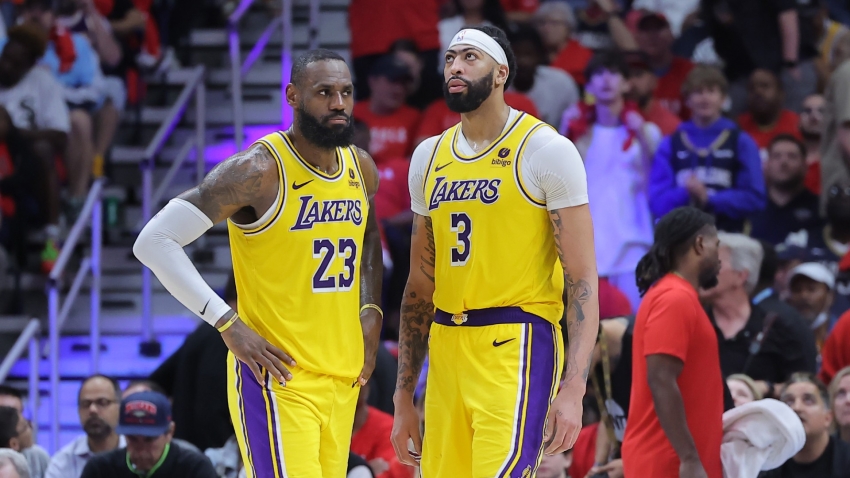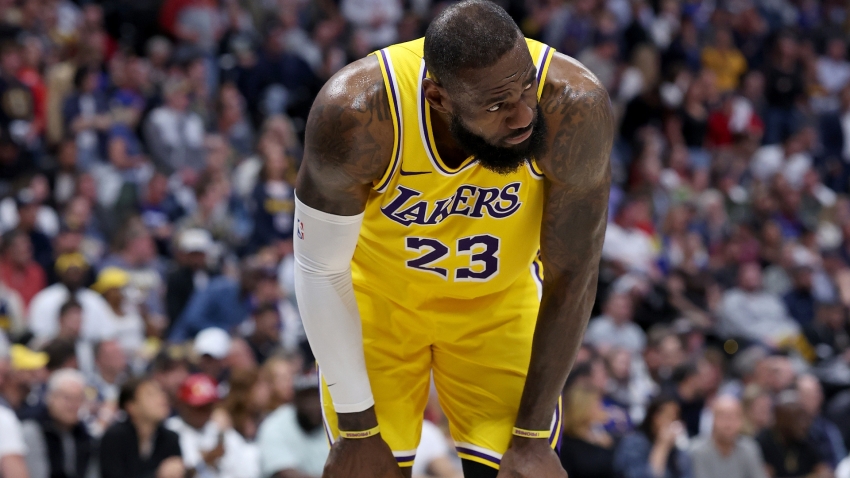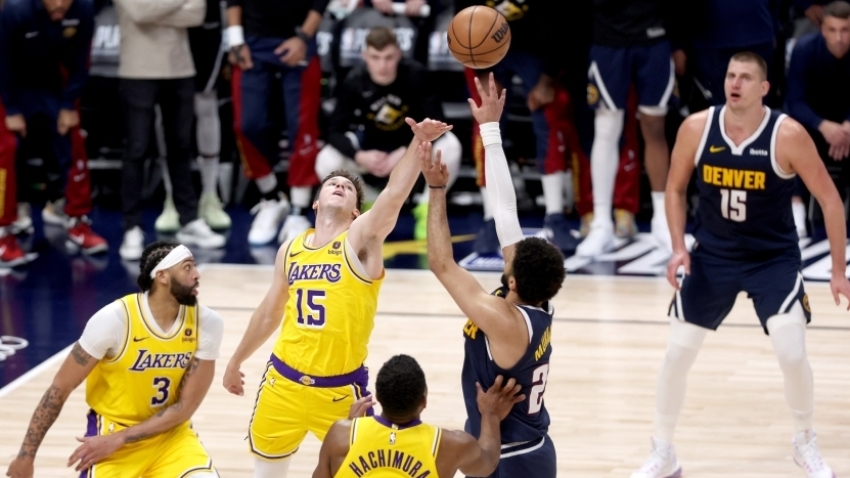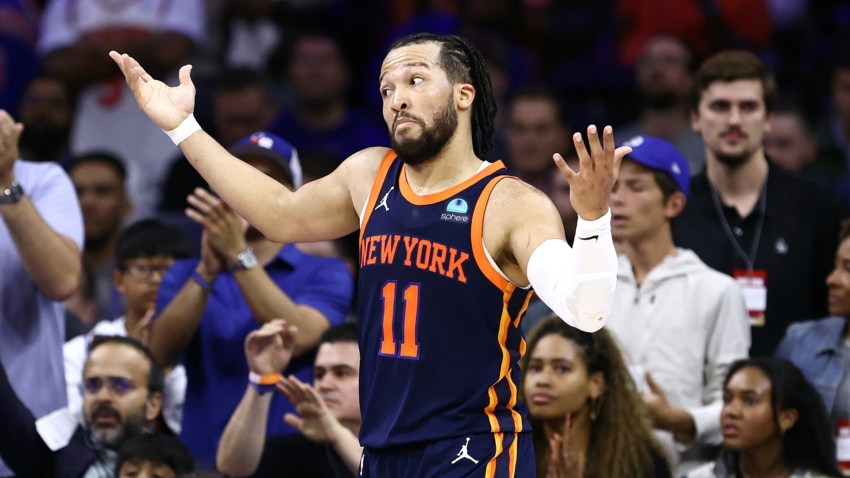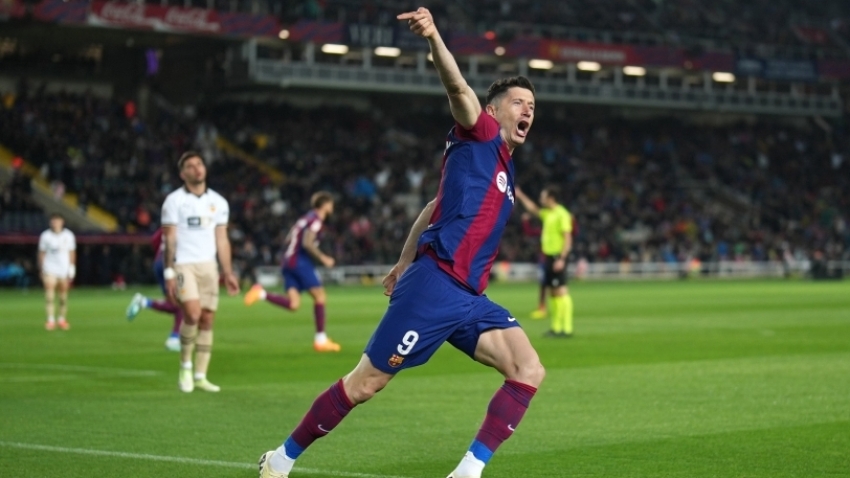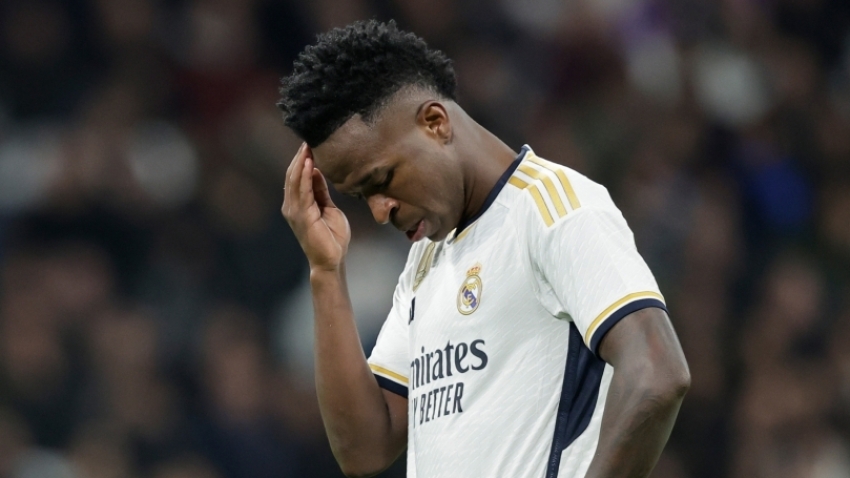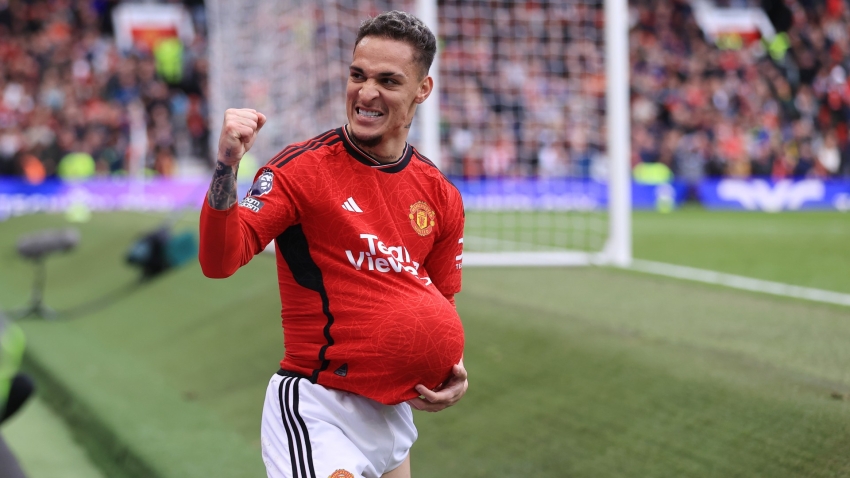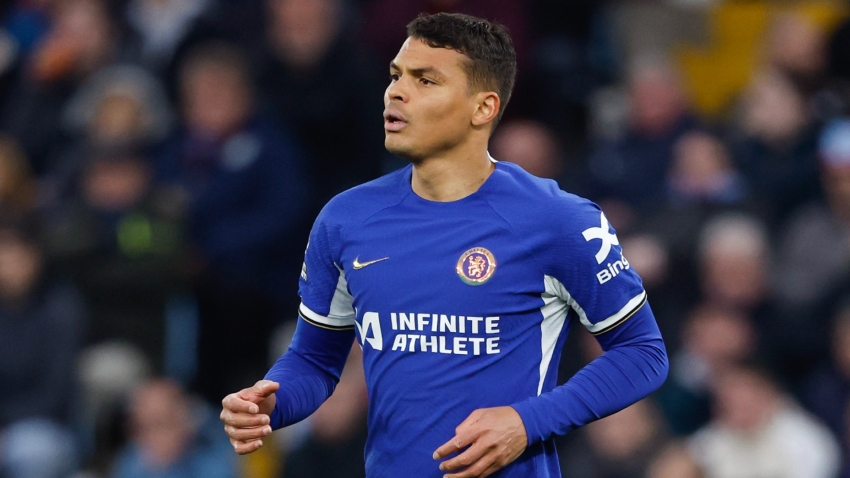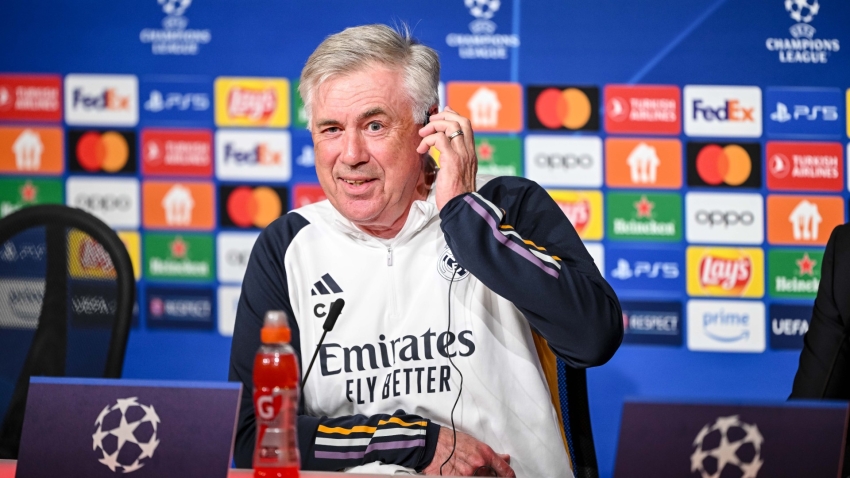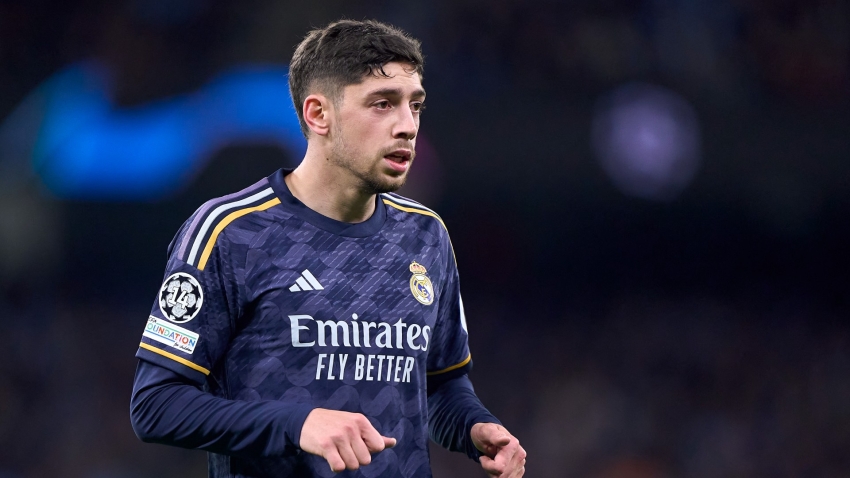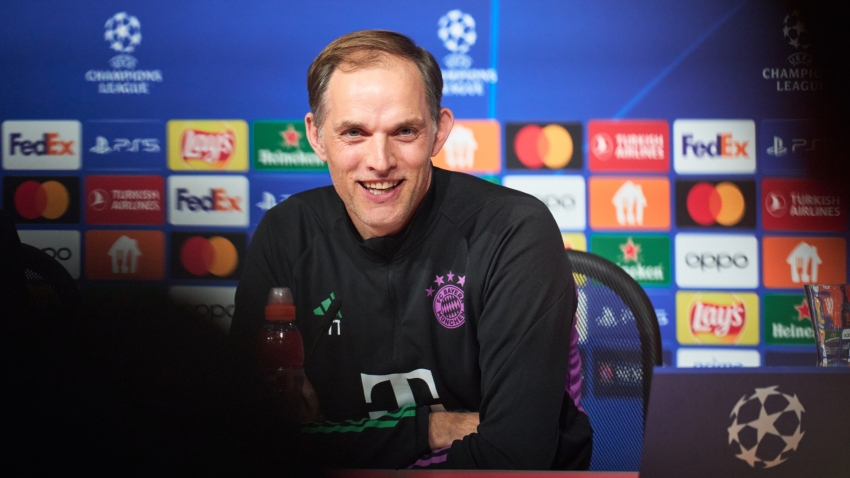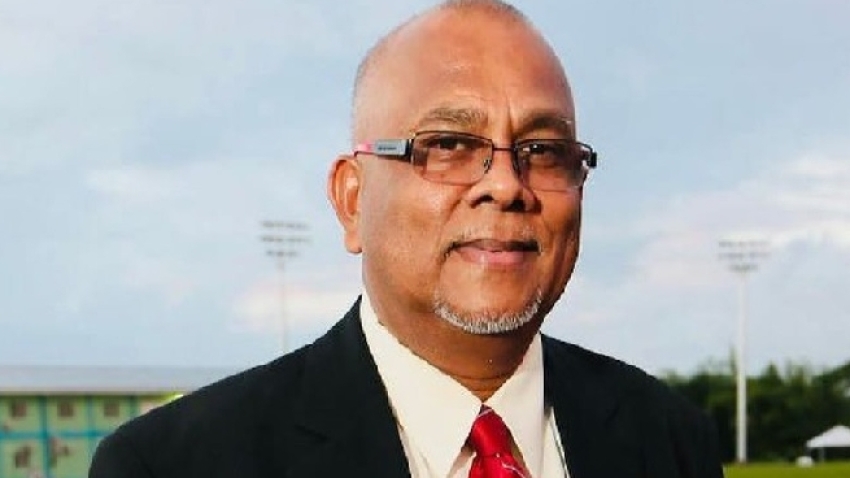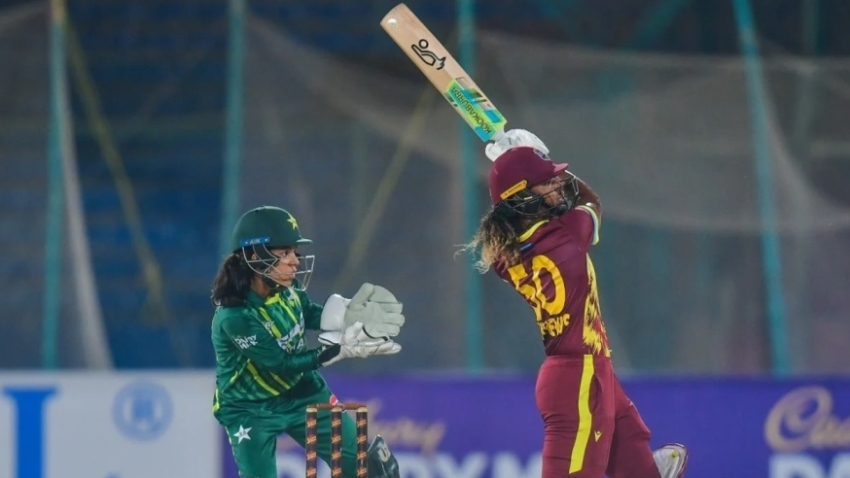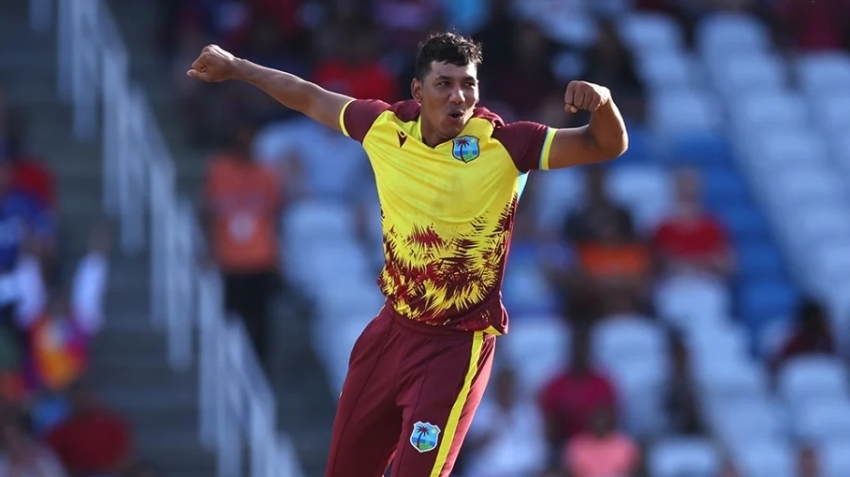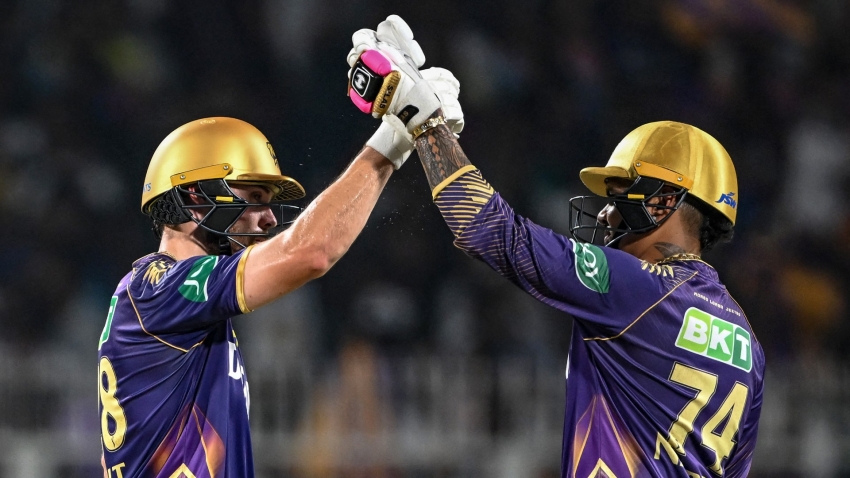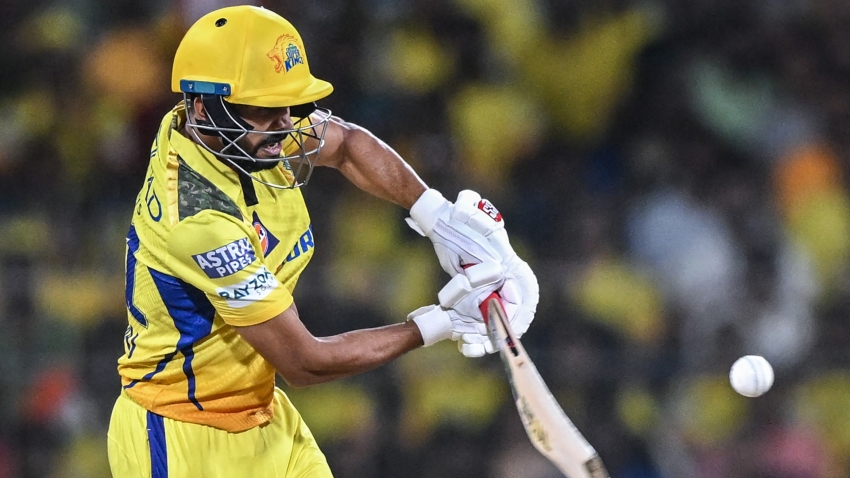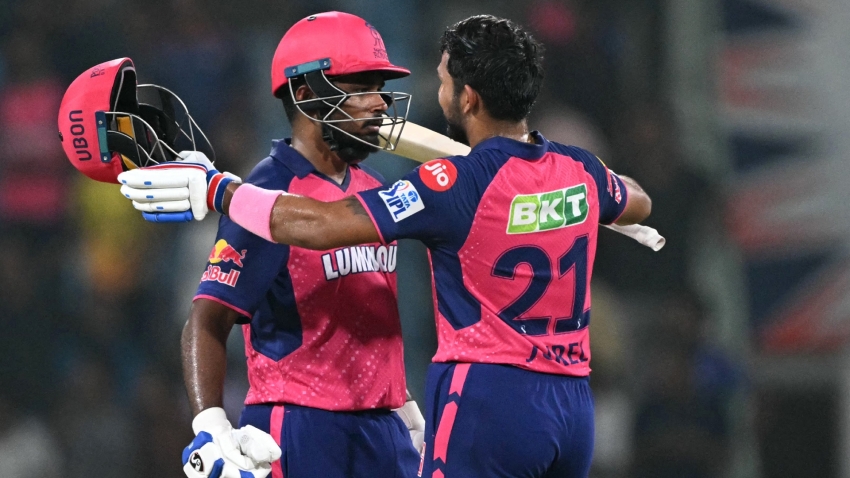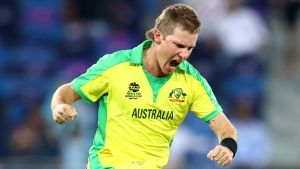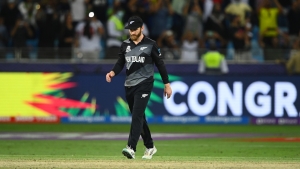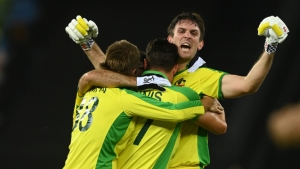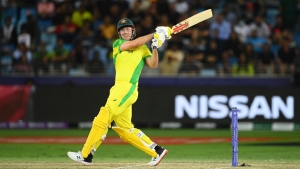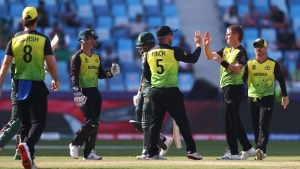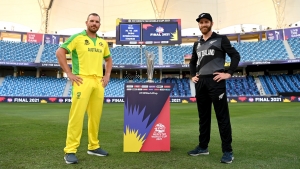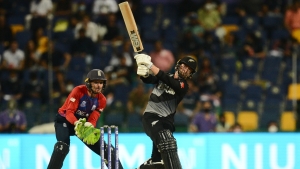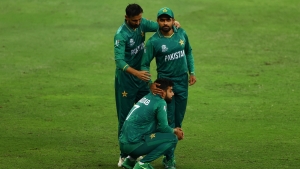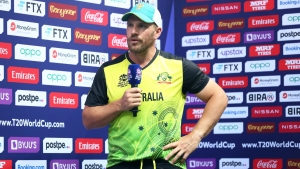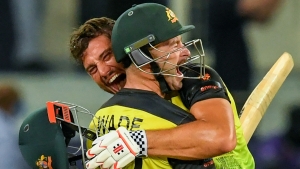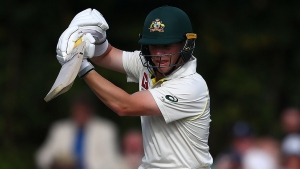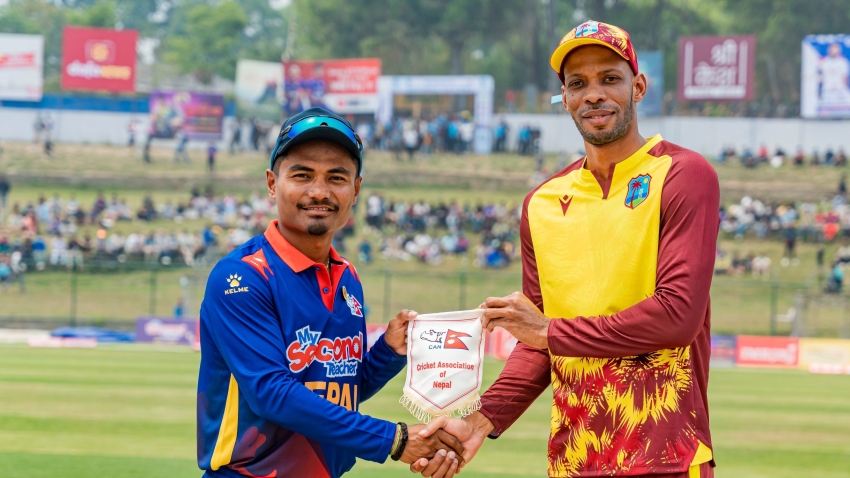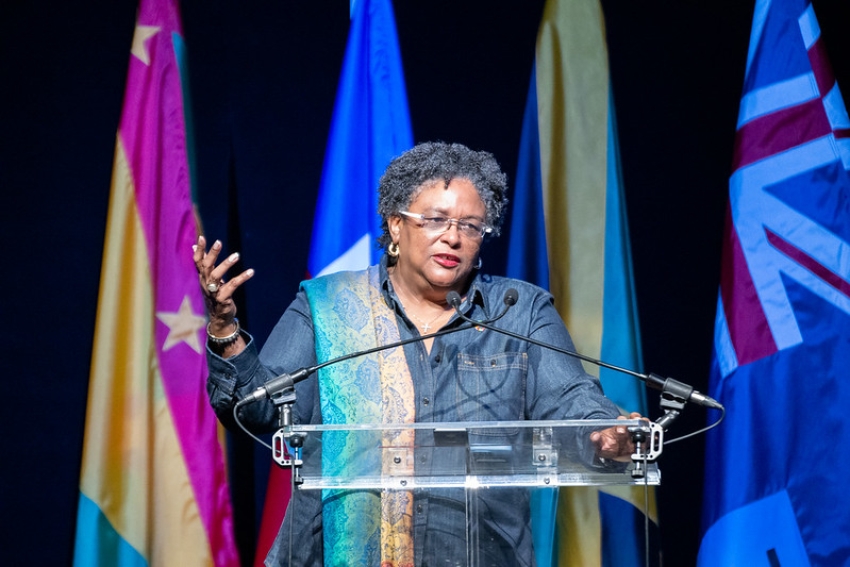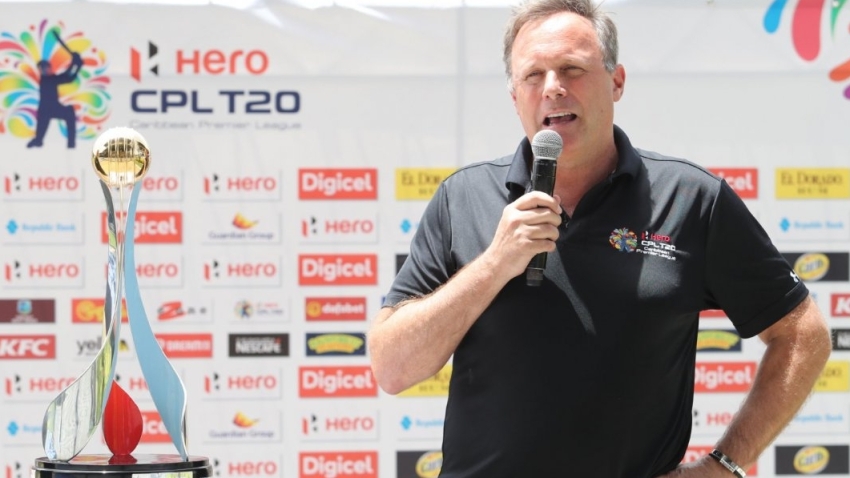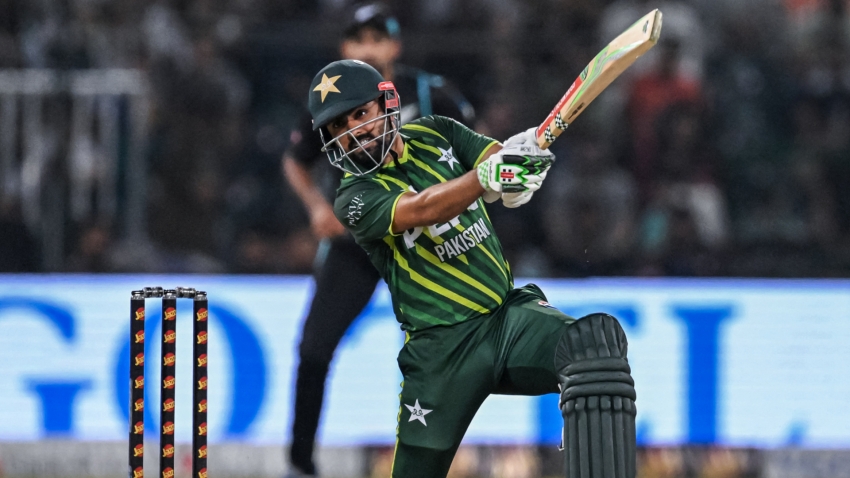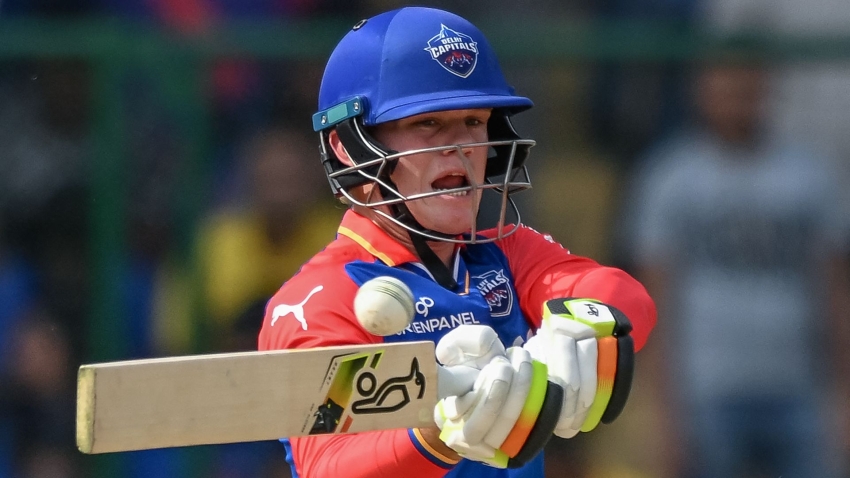Ange Postecoglou is in the midst of the biggest job an Australian coach has held in men's club football.
Postecoglou changed the landscape of the game in Australia and left a legacy in Japan, where he conquered the J1 League with Yokohama F.Marinos before he was lured to Glasgow by a wounded Scottish powerhouse Celtic, dethroned by bitter rivals Rangers.
After some initial backlash, Postecoglou has Celtic fans dreaming of glory through an emphasis on a high-octane style of attacking football and unrelenting belief in his philosophy.
But to get a clear picture of Postecoglou – the most decorated coach in Australian football – and his journey to Parkhead, you have to go back to his days at boyhood club South Melbourne.
Most know about Postecoglou's love for South Melbourne, where his passion for the sport grew alongside his father after immigrating from Greece.
Postecoglou went from juniors to seniors, winning two titles as a player before delivering back-to-back NSL titles as a coach and an unprecedented spot alongside Manchester United at the 2000 Club World Cup in Brazil.
Michael Petersen saw the making of Postecoglou unfold before his eyes. The former South Melbourne and Australia midfielder had been involved with the Australian great since around the age of 10 – the pair initially clashing in a junior rivalry between South and Port Melbourne.
Petersen eventually joined Postecoglou at South Melbourne in the late 1980s.
"He was a natural leader," Petersen told Stats Perform. "In a lot of ways, probably needed to get up to speed personally, but it was an invisible leadership. But he was always serious about his football. He loved the club. So his loyalty was unquestioned."
A trail-blazing coach, Postecoglou's career in the dugout is well-documented but he was also successful on the pitch – the former defender is considered to be one of South Melbourne's greatest players, having won eight pieces of silverware, while earning four international caps for Australia.
However, Postecoglou's career was cut short due to a knee injury.
"He was underestimated [as a player] but obviously he got wiped out pretty young at 27," Petersen said. "I think you're just coming into your professional career [at that age]. At the time, South Melbourne had a lot of good players in all the lines so he probably went a little bit unnoticed but not in our changing room. He was very well respected. You obviously don't make someone captain if you're not first on the teamsheet, so he was always first picked on the teamsheet."
Postecoglou's success has been shaped by his father, Dimitris, and legendary Hungarian Ferenc Puskas.
The 56-year-old played under Puskas from 1989 to 1992, forming a close bond, before launching his own coaching career at South Melbourne.
Postecoglou was appointed in 1996 and former general manager Peter Filopoulos was instrumental in the ex-captain's rise from skipper to coach.
"Every time I spoke to Ange, I felt like I was educated about football. Because I was an administrator. I never played at the high level. I was a little bit more educated about South Melbourne's history and he was very proud of South Melbourne history, the club and he always had these really big aspirations for the club, but also big aspirations for football in Australia as he still does," Filopoulos said.
Postecoglou's transition from player to senior coach at South Melbourne almost did not happen following the sacking of former Socceroos boss Frank Arok.
After a 3-0 loss away to Marconi in March 1996, Arok was relieved of his duties and Postecoglou put in charge on an interim basis for the remaining three games of the season.
"I remember getting the long bus trip to the airport from Fairfield and Frank had slumped in his chair and was just sulking a little bit. The players started to misbehave and were bantering. It was as if they had won 3-0, not lost 3-0. I could see Ange to the right of me was just not amused at all right, I'm sitting at the front of the bus as the official. And it got to the stage that it was out of control on the bus," Filopoulos recalled. "He went up to the front of the bus and picked up the microphone. He said, 'You listen to me, you blokes'. It was silent and he said to them, 'I've played for this club from under eights, right through to every level of South Melbourne, I've worn this jersey for every team age group, to the seniors, I captained this club and won championships. If you want to muck around, no problem, we lost 3-0 but I just want to tell you my perspective, today was the worst performance I've seen of any, any South Melbourne team of any age group in my entire career. So if you guys are happy with yourselves, and you want muck around on the bus, why don't you just reflect on the disgraceful performance and how you disgraced the team jersey today and the club'.
"That was it. There was silence for the rest of the bus trip. And then we got to the airport. And there was all these shuffling of the boarding passes. No one wanted to sit next to Ange. Hindsight is a beautiful thing, right? But I remember thinking to myself back then this guy has something special."
However, Postecoglou – who was working in a bank at the time to supplement his salary of being an assistant coach – was not even in the equation to make the step up permanently after winning all three games as South Melbourne's hierarchy eyed bigger and more established names.
"I'd be in the board meetings as a general manager, and they'd be speaking about Zoran Matic and [former Australia coach] Raul Blanco, all those big names of the time. Ange came into the office and he wasn't really mentioned around the table. They all thought he'd automatically be an assistant," Filopoulos said.
"He goes to me what's going on with the coaching gig? And me naively, I said we had a meeting last night and we're talking about Matic and Blanco. And Ange goes, 'What about me big fella?' I said, 'Are you interested?' He said 'Yes I am, I am interested'. I said, 'Well Ange, if you're interested, you need to make it known'. I thought, I wonder what the young fellas thought. We had the younger committee members and older ones. I remember ringing up some committee members and I threw Ange's name in the mix and over a few conversations, you have to give him a chance to present.
"So what I did back then, we were a very close-knit social group, the younger guys and I set up a barbecue at my place. The coaching conversation came up. And everyone's talking about those big names again. And then Ange said, 'You know I'm interested right?' And someone said, 'What? Are you really interested?' Ange started talking about his philosophy and ideas. It went for like 30 minutes. It was like a full-on pitch without knowing it was a pitch. He finished and it was dead silence. The vice-president at the time said 'Ange you're our f****** coach mate'. That was it. We lobbied hard and got him through. It was tough to get it through. There were some really older guys who weren't convinced.
"Ange got the job. And a lot of people would say that was a foresight. I would say, sometimes it was instinctive that it was the right decision. He changed everything. So there's me as general manager, it was actually quite good, because there was all these expectations and all these different things he wanted in place, which meant I worked pretty hard for him to deliver it."
But it was not all smooth sailing after fighting tooth and nail to appoint Postecoglou – a run of just one win from seven games to open the 1996-97 season had some South Melbourne committee members calling for Ange's head.
Filopoulos said: "There were a few phone calls from committee members and I remember one guy, he said 'you need to get rid of him at midnight tonight so no one sees him leave the club because you've made a mistake, and because you orchestrated all of this, you can follow him behind'.
"It came down to the eighth game at Marconi for a coach's career, really, because the pressure was on. We won after a scrappy 87th-minute goal. Had we not won that game, it would have been a different future for Ange. The rest is history. After that, he improved our football club. He took it to another level. We became a true destination club."
"So a similar story to Celtic, it takes some time, right? Because he does, on my experience, he turned our program upside down. He has meticulous detail and thought process, even to the point of dressing room access," he added.
Petersen, who also served as Postecoglou's assistant during his tenure as head coach of the Young Socceroos, experienced the "seamless" transition from player to coach up close and personal.
"There's layers to having a good football IQ. There's layers to it," said Petersen, who was told his playing career was ending by Postecoglou. "Ange has always had it. No, not even an issue. Very, very astute. I can rubber stamp that from, from way, way back. And that's to a point is if you love something, you really go deep into it. He goes deep into, you know, picking a football team for any matchday is a bit of a puzzle. You've just got to put the whole thing together, you've got to get the right balance of energy, skill sets. Who's going to actually perform on the day for that given day?
"He doesn't get it wrong a lot. And I can say that, but I think his history shows it. He's managed to get it right on the big days. It's by design, it's not coincidence. He gets it right. You can read all the books in the world. And you either got that gift, or you don't have that gift."
"At the time [after coaching South Melbourne to NSL glory] I thought Ange was Australia’s modern-day version of Alex Ferguson," he continued. "To this day I haven't changed my mind as I have watched him evolve and succeed and continually challenge himself and the type of football his team produces. Ange wins and wins well with style and grace."
From South Melbourne to Australia and Japan, Postecoglou has won it all – a pair of National Soccer League championships, back-to-back A-League titles, a record 36-match unbeaten streak at Brisbane Roar, plus a ground-breaking 2015 Asian Cup triumph with the Socceroos and a J1 League crown with F.Marinos – while silencing his doubters.
Postecoglou, like Manchester City's Pep Guardiola and former Juventus and Chelsea boss Maurizio Sarri, pushes the boundaries. Firmly set in his belief of how football should be played, Postecoglou's approach never wavers and success follows in his pursuit of excellence.
That has always been the case for Postecoglou.
Recalling Postecoglou's first steps in senior coaching and his pitch-side antics, Petersen – who also worked alongside Ange at South Melbourne after retirement – said: "We almost had a rule, no one was allowed to talk on the bench. If you're gonna say something, it's gotta mean something, otherwise chitter chatter and joking around, none of that. So there's none of this micro-coaching, if you like. Ange was almost locked in tune with the game. He was actually very, very still, quiet and measured."
Postecoglou is known for not getting too close to his players and Petersen added: "I think that's a maturity beyond his years in a sense that he always, because he probably had to start coaching young and he kind of realised early that you do have to draw a line from mateship because players are insecure creatures, and they'll look for any way to get a way in and if you can be pals, you might jag a spot because he likes you.
"Ange never did that. He made decisions that were based on what was best for the club, not necessarily on the individual. Even as a captain, looking back, he was galvanising the hierarchy, the directors of the football club, everything was all about what was best for the football club. I think that's rare to see players who do that. And then already when they transition into assistant coach and then senior coach, you knew there was a line. And that was all right. I think, in the wash-up, once you know the rules of a gaffer, you love it, you go, 'Okay, well, I know where I stand, I've got to perform'. And it's not just performing in games, it's performing at training. We have to perform, every training session means something.
"We joke around in the changing rooms and then we had fun. We had ghetto blasters, telling jokes. I think the moment we hit the football pitch, for that block of time, for an hour and a half, it was business. There's no laughing, football is serious. Because you laugh and joke, you lose football games. So you train how you play. So the intensity should always be at training. I think Ange knew that already at a young age – perform at training, transition that into games, and then whatever happens after hours, yeah, let's have some fun as well."


